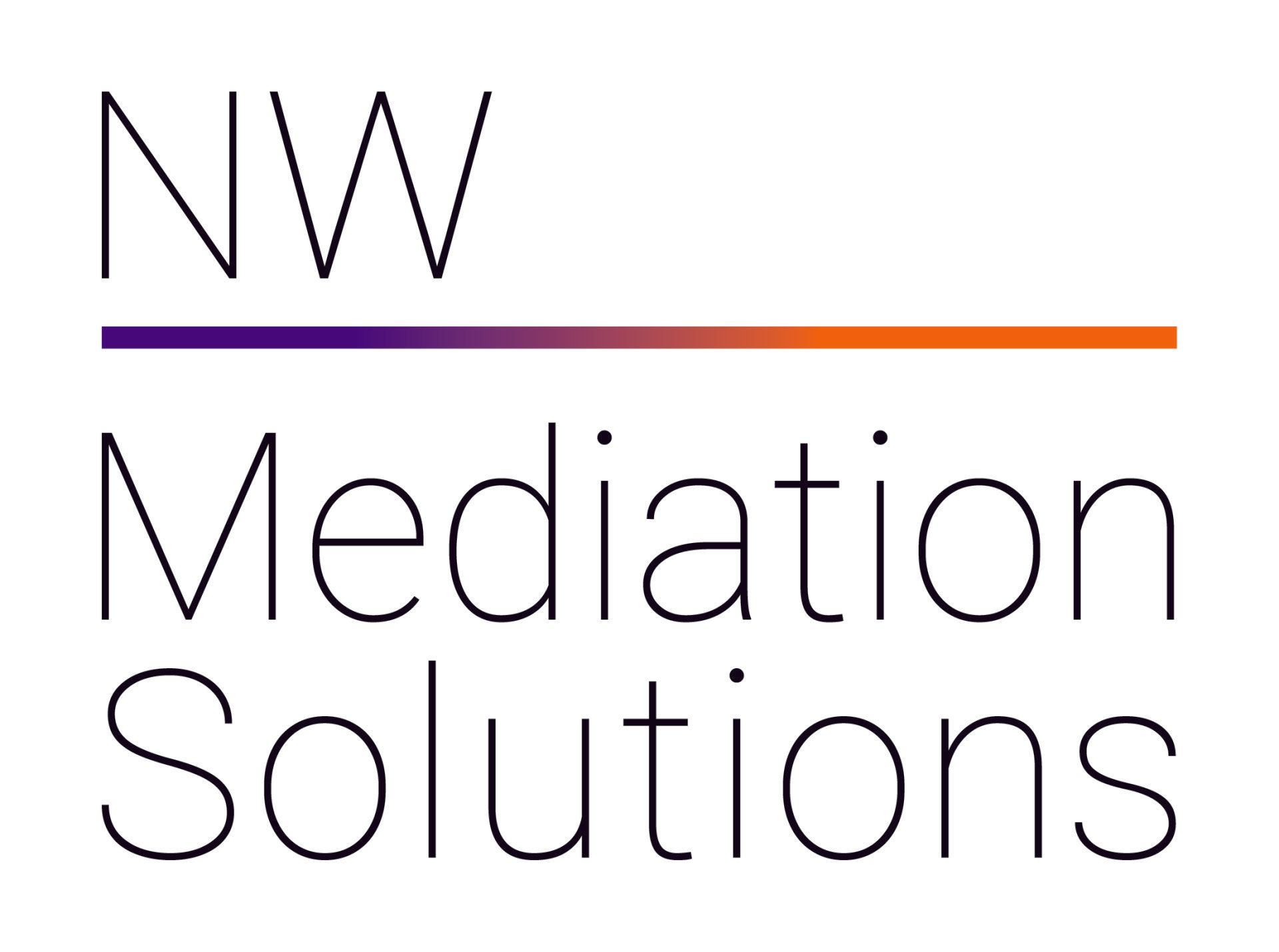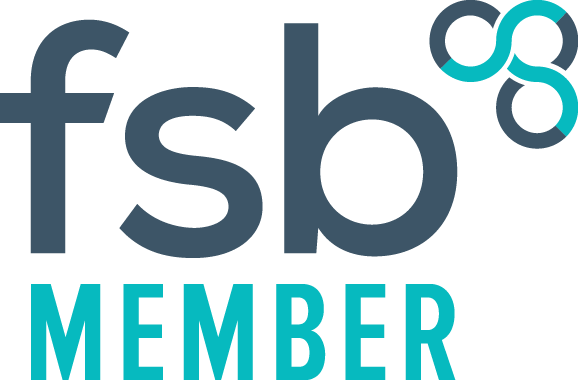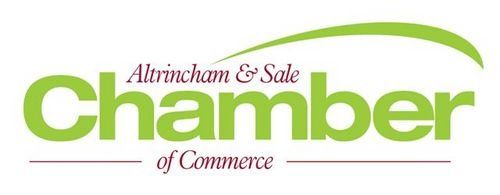Workplace Mediation
Workplace Mediation
Convenient
Convenient
Workplace mediations can be arranged at short notice, they can be remote or in person.
Quick
Quick
Mediation offers you the ability to resolve the dispute within a day, avoiding the lengthy court delays and the stress of the formal grievance procedure.
Healing
Healing
Often we find that colleagues actually work better once they have gone through the mediation process. Morale and performance are improved.
What is mediation in the workplace?
What is mediation in the workplace?
Mediation is a process used for resolving disputes in which the mediator helps parties negotiate a settlement. It is future focused and less concerned with who is right or wrong, and concentrates on solving problems so that they do not occur again. The parties retain responsibility for achieving a solution.
The mediator in the course of a day, or sometimes through a series of meetings, will discuss the issues with both parties. First he will establish the facts and the real issues troubling the parties before starting to explore possible means to a settlement and finally records the agreement that the parties have reached.
When should it be used?
It can be used at any time in the whole process from the time when HR become aware of the conflict, at anytime during the grievance procedure, after the formal decision has been made (as often that will not solve the underlying conflict) and even during an Employment Tribunal case.
Unfortunately, in the market place there is still the old fashioned but wrong attitude that mediation is a “last resort”. At NWMS we advocate that mediation is used as a "first", not a "last", resort and not “after the event”. If used towards the end of the grievance process there is the risk that the attitudes of the employees have become entrenched and despite HR's best attempts to keep matters confidential, the issues are usually in the public domain and there is the issue of losing face.
At NWMS we promote that organisations should move their conflict procedures "upstream" to use the mediation process at the beginning of the conflict.
It is clear that the earlier a dispute is settled the better it will normally be for all concerned. There will be less disruption to business, the lives of the employees (leaving them to concentrate on their business roles) and the associated costs. For these reasons mediation should be used at an early stage to resolve employee conflict situations before they become either formal or subject to grievance /disciplinary proceedings
What issues are suitable for a workplace mediation?
Any issue which is causing conflict or distress in the working but below we list some of the areas
- Bullying
- Sexual harassment
- Sexual or racial discrimination
- Interpersonal difficulties
- Inappropriate behaviour
- Management of change
- Power struggles
- Under performance issues
- Absence from stress
- Equality of pay and grading, terms and conditions, flexible working
- Employment claims of unfair dismissal arising from any of the above issues
Our approach to the mediation is to facilitate a settlement based on
- Voluntary attendance of the parties
- Impartiality
- All discussions being confidential to enable a party to discuss anything with the mediator
- Listening and understanding
- Encouraging and facilitating open and honest dialogue between the parties
- Allowing those difficult issues to be aired and strong feelings vented
- Not evaluating the strengths of the parties' cases and being judgmental
- Helping the parties to understand different points of view and to adapt to new ways of working
- To think laterally
- Focusing on finding a solution that is acceptable to both parties
- Finding a solution that works and that is not just applying a "sticking plaster" to a difficult problem
Why does mediation work?
It is a voluntary process controlled by the parties
Both parties are able to freely discuss their innermost concerns as the mediator talks with them in total confidence
As the mediator speaks to both parties he gets a full understanding of the real issues, not just those apparent on the surface
The mediator assists the party to identify the real issues that are causing the concern and to assist that party to find solutions to their problems
The mediator is able to ask both parties to reflect, ask them to at least try and understand the other party's position
In the knowledge of the full facts the mediator has the opportunity to provide ideas to solve the conflict
The solution comes from the parties, it is not imposed on them
What are the advantages of mediation?
- It's quick
- It gets people talking
- It saves money
- It's flexible
- Mediation does not affect statutory or human rights
- It does not stop you litigating
From the employer's perspective it is a justifiable investment to help to reduce unproductive management time and enhance the skills of line managers and the HR function.
From the employees perspective it is a quick and far less stressful way of resolving a grievance without having to engage in a formal procedure.
What can I expect?
- A relaxed atmosphere where the process will be applied with care and sensitivity
- You will have the opportunity to and will be invited to express your feelings and concerns
- To discuss matters in total confidence
- To be asked to reflect on what has happened from a different perspective
- To be invited to look forward and find solutions
What mediation is not
- It is not a soft and fluffy option. It involves a period of concentrated negotiation that requires focus, persistence, agility of thought, flexibility and imagination. It is hard work for everyone involved intellectually, physically and emotionally
- It is not counselling. The mediator preserves a neutral relationship with the parties and applies problem-solving techniques. Counselling may be one of the solutions of the mediation
- It is not a day in court. The mediator is there to facilitate a settlement and not to pronounce a judgment.
- It is not a waste of time and money. Even if settlement is not reached and litigation follows, both parties will have a far better understanding of not only their case but their opponents and will have narrowed and defined the issues between them.
What types of solution are envisaged?
- A written settlement agreement
- Apologies and explanations
- Improvements for future communication
- Training
- Changes to systems and procedures
- Revised job descriptions
- Timetabled action plans
- Review meetings
- The advice of Acas and the CIPD
In their latest joint guide produced in February 2013 "Mediation: An approach to resolving workplace issues" both organisations were heavily in favour of mediation to resolve conflicts in the workplace -see https://www.acas.org.uk/media/949/Mediation-An-approach-to-resolving-workplace-issues/pdf/Mediation-an-approach-to-resolving-workplace-issues.pdf
We summarised its findings in our article “The Workplace Mediation and Conflict”. We can provide no better endorsement than the government’s employment advisory service and the Chartered Institute of Personnel and Development.
Will any information be disclosed to the participants line manager(s)?
Only if both parties agree for this information to be shared. The process of mediation is entirely confidential. Any notes or records made by the mediator during the process will be destroyed within three months of the mediation process concluding. Whilst it can be very helpful for line managers to understand how the mediation went and if a resolution has been reached, any feedback will be a matter for the individuals participating in mediation to agree. The institution will however be notified once the process has been completed.
What can we do if one party does not wish to participate?
Not everyone will immediately agree to participate in mediation. They may be angry or so intent on proving the other party “wrong” that only having their “day in court” under the formal procedures will satisfy them.
Sometimes just waiting a few days or weeks can make a difference and parties may be more willing to discuss the options more calmly and openly.
They may need some time to realise the time involved and implications of pursuing more formal procedures.
They may need more information about how mediation works and whether it meets their needs.
Consider referring them to this website for information on the benefits of mediation and frequently asked questions for participants. It may also be useful to suggest a confidential meeting with the mediator or mediation coordinator to answer any questions they have to enable them to arrive at a more informed decision.
Workplace Mediation Fees
Interested in our services? We’re here to help!
Interested in our services? We’re here to help!
We want to know your needs exactly so that we can provide the perfect solution. Let us know what you want and we’ll do our best to help.









